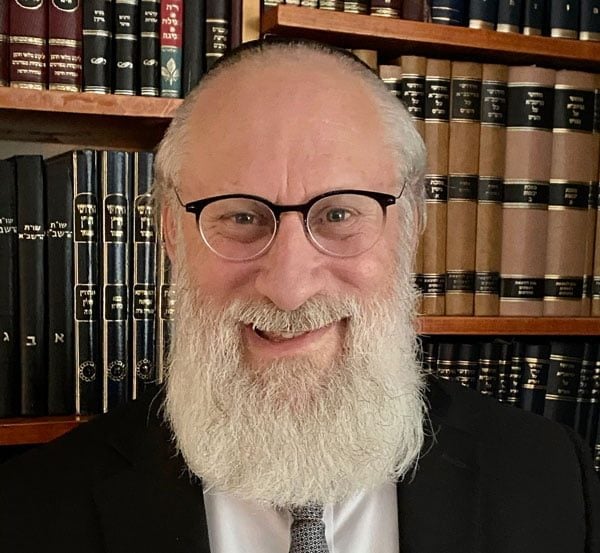Ask the Rabbi: Yom Kippur – Meaning Of Its Name. By Rabbi Yerachmiel D. Fried

Ask the Rabbi: Yom Kippur – Meaning Of Its Name
Dear Rabbi,
What is the literal meaning of “Yom Kippur”? Somehow, the name “Day of Atonement” never connected with me; is that correct or is there some other meaning?
Thanks, and a happy new year,
Melanie S.
Dear Melanie,
The name Yom Kippur is based on the verse (Leviticus 23:27), “…but on the 10th day of the 7th month it is the day of kippurim unto you…” The translation “Day of Atonement” is not incorrect, as “atonement” in English means “to make amends” or reparations for a wrongdoing. This translation is, however, not entirely precise, as you have felt. The literal meaning of “kippurim” is “cleansing,” as the root kaper means “to cleanse.” It means that on Yom Kippur, not only can we make amends for our misdeeds, we can actually become cleansed and purified from them as if we had never performed them.
This is a profound understanding of the concept of teshuvah, which is the primary mitzvah we perform on Yom Kippur. Teshuvah is usually translated as “repentance,” but the literal meaning is actually “return.” It entails the return back to one’s original, pristine state of being before performing a wrongdoing.
This is learned from the 13 attributes of G‑d’s mercy which were revealed on the first Yom Kippur in history. After the episode of the golden calf, the Jews were dealt a death sentence. But they overturned that sentence through an intense period of teshuvah for 40 days and nights. The culmination of that teshuvah was on the first Yom Kippur, when G‑d taught Moses to recite before Him 13 attributes of Divine mercy (Exodus 34:7-8). The final attribute of mercy is venakei, which means G‑d not only atones for the sins, but actually cleanses us from our sins through the teshuvah process. Teshuvah and Yom Kippur are not just ways to be forgiven; they are opportunities to transcend forgiveness and “come clean” of the wrongdoings.
The Kabbalists explain this concept in the following way. The internal self, the soul, is the essence of our eternal existence. The soul itself is pure and free of sin. When one performs a wrongdoing, at that moment he or she is mainly connected with the external, physical existence. This, in a sense, is an act of pulling away from the soul, the “real self,” and connecting with a surreal, transient existence.
The more one succumbs to temptation, the more the soul becomes covered and hidden under layer upon layer of physicality. If one identifies with those negative actions and feels that is the “real me” performing them, then one is identifying with the external self, forgetting the soul. When one performs teshuvah, he or she returns to the real, pristine self, the soul. They proclaim, “I’m not the one who performed those misdeeds, it was another” (Maimonides, Code, Laws of Teshuvah, Ch. 2). Teshuvah is the power to leave the external self behind as someone else, and to begin anew, with a refreshed and rejuvenated connection to the real self, the internal, spiritual soul, which is the kernel of our existence.
This concept was unmasked through the revelation of G-d’s 13 attributes of mercy, (Exodus 34:6-7). The greatest mercy of all, which is the final attribute of the 13, is the ability to become totally cleansed of any wrongdoing. (Or, to be cleansed of whichever misdeads one repents for, according to the Talmud).
This is the amazing power of Yom Kippur, the “Day of Cleansing.”
Maimonides explains that three elements are necessary for teshuvah on Yom Kippur and throughout the year.
- Firstly, a recognition of wrongdoing and feeling of remorse for the specific sin.
- Secondly, a solid, wholehearted resolve with full integrity never to return to that wrongdoing or path again.
- Lastly, to confess the misdeed before the Al-mighty and pray to Him to have the strength never to return to that negative behavior again.
May you and all the readers enjoy a meaningful Yom Kippur with the teshuvah that will bring you into a year of growth, joy, prosperity and nachas, with peace in Israel and for Jews everywhere they may be.




